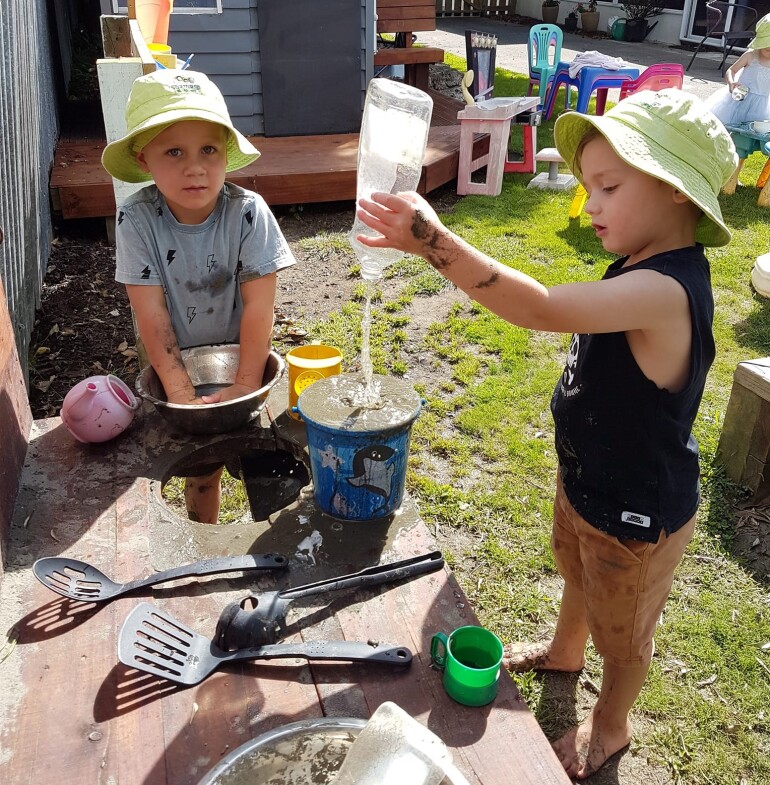News And Events

Science in the Early Years
5 July 2021The Education Review Office (ERO) has published a report “Shining a Light on Science”. Last year, Nurtured at Home discussed science in a homebased context, and provided a range of learning opportunities for Educators/Nannies and tamariki to explore science experiments. Now we revisit this curriculum area and consider how science learning in early childhood supports children to become better problem solvers and critical thinkers. ERO notes that children are curious by nature and are eager to explore, question, experiment, and learn about science through play. A play-based approach to teaching science builds on children’s motivation to learn and provides opportunities for them to explore ideas, experiment, and express new ideas.
In ERO’s report they shared some case studies of good practice, and we share one here as it is a lovely example from a homebased setting and explains how something as simple as exploring gloop provides opportunities for scientific exploration:
During a visit to an educator’s home, the visiting teacher observed a toddler using gloop. As the child explored the texture of the gloop the visiting teacher worked alongside her, modelling the use of rich language to describe how the gloop felt and the actions the child was making as she engaged in this sensory experience. As the gloop dried and hardened the visiting teacher then shared with the educator the connection between this experience and science. In the assessment documentation that followed this visit, the visiting teacher wrote about the value of messy play and highlighted the link to science. She provided information about how and why the mixture solidified as it is squeezed and then seems to melt when released, introducing new scientific language.
What do we value here? The visiting teacher noticed the teachable moment to deepen the child’s learning in science. Through her teaching practice, and the resulting documentation, she has supported the educator to see how science can be integrated through the learning experience. Teachers make a photographic record of assessment which is then used with children to discuss and reflect on their learning.
On visits to homes through July, Nurtured at Home Visiting Teachers will discuss how a range of activities that Educators/Nannies provide in the home can be celebrated with a scientific lens in their learning stories. We will also be updating our "science experiments" booklet so that all Educators/Nannies can refer to this for a range of ideas to support children's learning.


